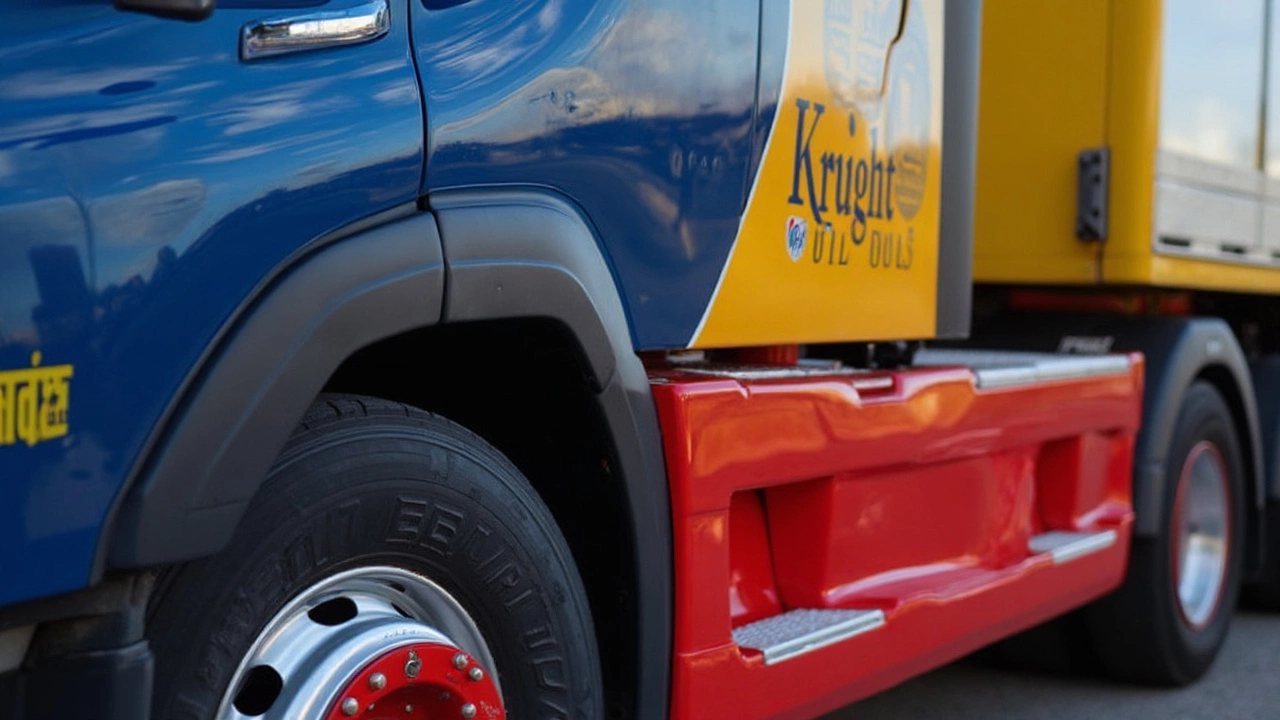Boost Your Fleet Efficiency with Simple, Real‑World Tips
If you run a motorsport team or manage a group of work trucks, you know every drop of fuel and every second on the track matters. The good news is you don’t need a high‑tech overhaul to get better results. Small changes to routine, equipment, and driver behavior can shave off fuel costs and keep your vehicles humming longer.
Check the Basics: Tyres, Light, and Maintenance
Start with the stuff that’s easy to see. Under‑inflated tyres create extra rolling resistance, which means the engine works harder and burns more fuel. Use a reliable gauge and set tyre pressure to the manufacturer’s recommended level before each shift or race. The same goes for extra weight – every unnecessary kilogram adds up. Remove roof racks, spare tools, and any cargo that isn’t needed for that day’s job.
Regular maintenance is another hidden saver. A dirty air filter or stale oil reduces engine efficiency. Schedule quick checks weekly and replace parts at the intervals the maker suggests. When you keep the engine breathing cleanly, you’ll notice a smoother ride and lower fuel numbers.
Smart Driving: Eco‑Techniques That Work on the Track and the Road
Drivers are the biggest factor in fleet efficiency. Teach them to use smooth acceleration and gentle braking. When you press the throttle gradually, the engine stays in its sweet spot and uses less fuel. Coasting to a stop, rather than slamming on the brakes, saves energy and reduces wear on the braking system.
Gear selection matters too. In manual vehicles, shift up early and keep the revs low – aim for 1,500‑2,000 rpm on the highway. For automatics, use the ‘eco’ mode if it’s available; it softens throttle response and adjusts shift points for better mileage. In racing, drivers can still apply these ideas during practice laps to learn the most efficient lines before pushing for speed.
Use route planning tools to avoid traffic jams and steep climbs when possible. Even a few minutes saved by a smarter route can cut gallons of fuel over a month. For fleets with GPS, set up alerts for excessive idling – turn off the engine if you’re stopped for more than a minute.
Finally, track performance. Keep a simple log of miles driven, fuel filled, and any maintenance done. Spotting patterns, like a sudden dip in mileage, helps you catch problems early before they cost you big bucks.
By focusing on tyre pressure, weight, regular upkeep, smooth driving, and smart routing, you can boost fleet efficiency without breaking the bank. These steps work for a racing squad looking to shave seconds off lap times and for a delivery company trying to keep the bottom line healthy. Start with one or two changes, measure the impact, and keep building from there. Your fleet will run cleaner, faster, and cheaper – and that’s a win for everyone.
Michelin Tyre Switch Boosts Mileage for Knights of Old Fleet
Posted by Daxton LeMans On 22 Jul, 2025 Comments (0)

Knights of Old has switched to Michelin tyres for its whole fleet after seeing far better mileage from a trial run, leaving older premium brands behind and raising efficiency in their logistics operations.




